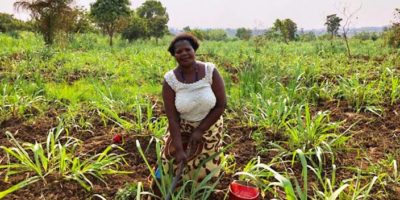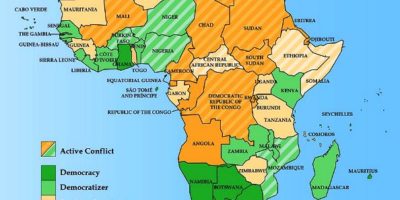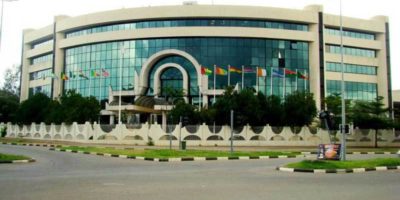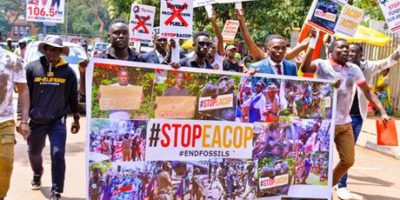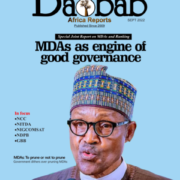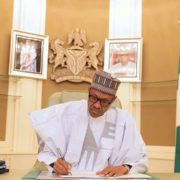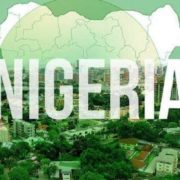By SEGUN ORUAME, Kigali.
The Rwandese Patriotic Front (RPF) celebrated its 25th anniversary last December. Kigali, Rwandan capital was abuzz with activities; conferences and cocktails. The media had plenty to write about and Baobab Media, a guest of the Rwandan government, was part of the activities.
The anniversary provided an opportunity for reflections even in the midst of the joyous gatherings all over Kigali. The RPF under President Paul Kagame had been able to inspire hope and built measurable landmarks that have created a new character out of Rwanda’s post-genocide years. Rwanda is often touted as a model for the rest of Africa. For this, Rwandans have the RPF to thank.
Inside the Amahoro Stadium in Kigali where the 25th celebrations climaxed December 20th with a short speech by President Kagame, Rwandans had occasion to stare at their present circumstance with a gloomy recount of the pre-genocide years. It was only in 1994 that the RPF brought to an end the genocide against the Tutsi and moderate Hutus. After 1994, RPF had to build a new country and had to create a new identity bereft of ethnic colouration. The RPF mission was simple but onerous: A new Rwanda characterized by unity and prosperity.
President Kagame’s closing speech that December 2012 morning drew both excitement and an inner pondering. Has Rwanda recorded any measurable landmarks since 1994? There are rising criticisms against the Rwandan political leadership from the section of the west which had once fully and triumphantly presented President Kagame as the lost hero. Now, and increasingly, that section of west is representing President Kagame as a dictator. But most Rwandans disagree.
The RPF has built a country that Rwandans live to be proud of. Fully aware of the long years of divisions, the RPF leadership spearheaded unity and reconciliation programmes that have successfully brought the Rwandan people together. In the new Rwanda, Rwandans think of themselves as united citizens; a part of a collective with a communal responsibility never to go back to the pre-genocide years.
The positive economic indices also speak glowingly of the RPF’s achievements. “Rwanda’s GDP per capita has more than tripled over the last ten years, and there is optimism the country is on course to achieve a middle-income status (which needs a GDP per capita of US$1,240) over the next eight years, as envisioned in its recently-adjusted Vision 2020.” Rwanda envisages to make half of its [10.5 million figure based on the 2012 national census] people economically buoyant and living well above the US$1,240 mark in the next seven years.
Can this be done? The managers of Rwanda in Kigali think it is achievable. Kigali is positioning itself as an economic hub in East Africa and is out-performing its neighbours at all fronts. Almost in a hurry to throw away the toga of a donor-aided economy, Rwanda is building its future on tourism, ICT, and agriculture. It is keen about getting investors from within and outside the continent and it has virtually erase the hurdles to setting up and running business in the country. The result: investors could set up shop faster than any other place on the continent. They could also have a better peace of mind for capital repatriation.
But Kigali knows it is still a long road ahead. It doesn’t boast of the huge population or crude oil money of Nigeria; it doesn’t also have the established business confidence of neighboring Kenya and certainly lacks the manufacturing might of South Africa. But it has a focused leadership and an inspiring success rate to ginger not just the rest of the continent but the entire world to take it serious. Rwandans have the RPF to thank for replacing a gloomy country with one touted as a model for the rest of the continent. The RPF has been able to show that abundant resources do not necessarily bring prosperity. Ask Nigerians! In Abuja and Lagos, Nigerians are asking their leaders questions that Rwandan leaders have long answered in Kigali. What brings real growth is a focused leadership able to guide the rest of the people on the way to go or what a certain writer called: joyful awakening.

